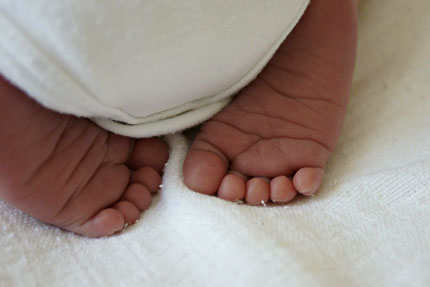SAN FRANCISCO, Calif. —Today, California Governor Jerry Brown signed a bill that updates the state’s assisted reproduction laws to ensure that all families are equally protected under the law.
Authored by Assembly member David Chiu, Assembly Bill 960 updates current assisted reproduction laws in three ways: first, unmarried couples using assisted reproduction to become parents will be recognized as such on the same terms as married parents from the moment their child is born; second, it removes the requirement that a doctor or sperm bank must be involved when using assisted reproduction in order to ensure that the donor is not a parent; and finally, AB 960 provides clear direction for how egg donors should be treated under California law. [pullquote]However, many parents, including many same-sex parents, transgender parents, and intended single parents, use at-home insemination to conceive because using a sperm bank or doctor can costs hundreds or thousands of dollars per month. Without AB 960, a sperm donor might end up being required to pay child support by the state, for example, if the parents conceived through at-home insemination.[/pullquote]
AB 960, which goes into effect on January 1, 2016, is co-sponsored by the National Center for Lesbian Rights (NCLR), Equality California (EQCA), and Our Family Coalition (OFC).
“AB 960 protects children born through assisted reproduction by ensuring that their family relationships are respected by the law,” said NCLR Family Law Director Cathy Sakimura. “Every child deserves this protection, no matter how they were conceived.”
Current law does not provide legal protection to many families using assisted reproduction. Today, many unmarried couples using assisted reproduction are not recognized as the child’s parents when their children are born because this protection is limited to married couples.
California law also only recognizes that sperm donors are not legal fathers only when a doctor or sperm bank is involved. However, many parents, including many same-sex parents, transgender parents, and intended single parents, use at-home insemination to conceive because using a sperm bank or doctor can costs hundreds or thousands of dollars per month. Without AB 960, a sperm donor might end up being required to pay child support by the state, for example, if the parents conceived through at-home insemination.
The National Center for Lesbian Rights is a national legal organization committed to advancing the human and civil rights of the lesbian, gay, bisexual, and transgender community through litigation, public policy advocacy, and public education.
[From a News Release]








